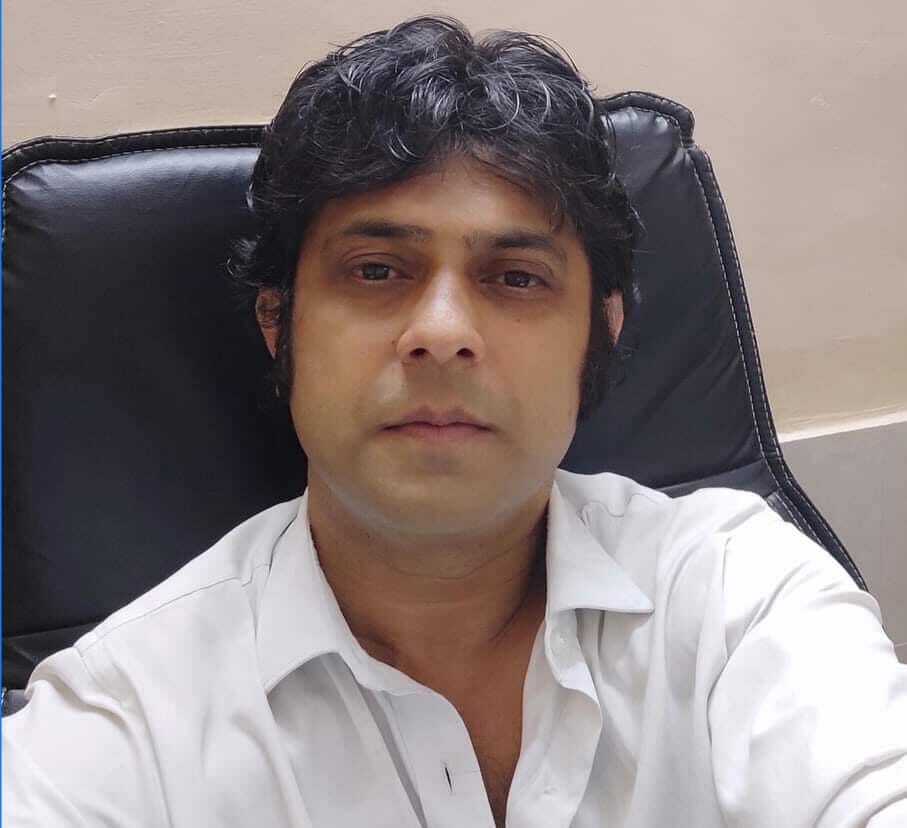Transfer Petition
A transfer petition is a legal document that can be filed in the Supreme Court of India to transfer a pending case from one high court to another or from one trial court to another. The purpose of a transfer petition is to consolidate cases, address issues of convenience, or to avoid conflicting decisions. Taps9 Legal Notice Services
(Opens in a new browser tab)
Before both civil and criminal cases, a transfer petition may be filed in the Supreme Court. When a case is to be moved from one state’s court to another state’s court, you must ask the Hon’ble Supreme Court. Civil cases are handled under Section 25 CPC, whereas criminal cases are handled by Section 406 Crpc.
Section 25 of the Civil Procedure Code states that if you have good reasons to transfer your matter from one Court of State to another, you may simply submit a transfer petition with the Hon’ble Supreme Court. In the petition, you must clearly specify your reasons. Framing of Issues
(Opens in a new browser tab)
You may also submit a transfer petition to the Hon’ble Supreme Court under Section 406 Crpc to have your case transferred from one state to another.
Typically, the Supreme Court does not hear Transfer petitions but instead hears instances of Divorce or Domestic Violence in marriage disputes. It has been discovered that the majority of spouses want to move their cases and file a transfer petition with the Supreme Court. Wife is keen to relocate the divorce case to her state for her convenience and to reduce travel efforts. In civil matters, this is the most common reason for petition transfer. When a wife files a petition for transfer at the Supreme Court, the Court notifies her husband. In order to defend the transfer petition filed by wife, husband must submit a counter affidavit against the notice. The matter is then heard, and the Court’s final ruling takes effect following the hearing.
In criminal cases, transfer petitions are more often filed in marital cases than in any other kind of case or in exceptionally high-profile situations. The main reason for filing a transfer petition is for the wife’s protection and security.

File transfer petition in the supreme court of India
The process of filing a transfer petition in the Supreme Court of India is as follows:
Preparation of the Petition: Before File transfer petition in the supreme court of India The petition should be prepared in accordance with the rules and format specified in the Supreme Court Rules, 1966. The petition should contain all the necessary details, such as the parties involved, the cause of action, and the relief sought.
Filing the Petition: The petition can be filed either in person or through a registered advocate. The petitioner must pay the prescribed court fee and submit a copy of the petition to the registry.
Service of the Petition: The registry will serve a copy of the petition on the respondents and any other necessary parties. The respondents will have a specified time to file a response to the petition.
Listing of the Petition: The registry will list the petition for hearing before a bench of the Supreme Court. The date and time of the hearing will be communicated to the parties.
Hearing: Both parties can present their arguments and produce evidence in support of their case. The bench will then hear the arguments and decide whether to transfer the case or not. Expert Advice on Filing a Divorce Petition by Wife in India
(Opens in a new browser tab)
Grounds for a Wife to File for Transfer Petition in Civil cases
A wife can file a transfer petition in the Supreme Court of India for various reasons, including:
Inconvenient forum: If the wife believes that the trial court is not the appropriate forum to hear the case and that a different court would be more convenient, she can file a transfer petition.
Conflicting decisions: If there are conflicting decisions on similar cases in different courts, a transfer petition can be filed to consolidate the cases and avoid conflicting decisions.
To ensure a fair trial: If the wife believes that a fair trial is not possible in the current court, she can file a transfer petition to have the case heard in a different court.
To avoid local bias: If the wife believes that there is local bias or prejudice in the current court, she can file a transfer petition to have the case heard in a different court.
To consolidate related cases: If there are related cases pending in different courts, a transfer petition can be filed to consolidate the cases and avoid conflicting decisions.
- Because of the huge distances involved in traveling from one state to another.
- Because of biased or swayed court rulings.
- Unsupportive police conduct in that state.
- Witnesses from another state. Expert Advice on How Supreme Court Handle the Transfer Divorce Petition?
(Opens in a new browser tab)
Criminal Transfer Petition
A Criminal Transfer Petition is a petition filed in a higher court to transfer a pending criminal case from one court to another. The purpose of a criminal transfer petition is to ensure a fair and impartial trial. The petition can be filed by either the prosecution or the defense.
Section 406 of the Code of Criminal Procedure grants the Supreme Court the authority to transfer criminal cases and appeals pending in one High Court to another, or from a criminal court subordinate to one High Court to another criminal Court of equal or superior jurisdiction subordinate to another High Court. Only on the application of the Attorney General or a person interested may the Supreme Court act under this clause. If an application under Section 406 of the Code of Criminal Procedure is rejected, the Supreme Court may, if it believes the application was frivolous or vexatious, require the applicant to pay an amount not exceeding Rs 1000 as compensation to the respondent. Caveat Petition
(Opens in a new browser tab)
Recent Judgments
These days, the Supreme Court is not tolerant in granting transfer petitions in favor of the wife, and is often denying such petitions and citing Krishna Veni Nagam versus Harish Nigam. Transfer Petition in Supreme Court of India
(Opens in a new browser tab)
The highest court relied on paragraphs 17 and 18 in the aforementioned decision.
17. We believe that it is necessary to issue certain directions that may provide an alternative to seeking transfer of proceedings due to a party’s inability to contest proceedings at a location other than their usual residence on the grounds that failure to transfer proceedings will result in denial of justice.
18. As a result, we direct that in matrimonial or custody matters, or in proceedings between parties to a marriage or arising out of disputes between parties to a marriage, where the defendants/respondents are located outside the jurisdiction of the court, the court where proceedings are instituted may examine whether it is in the interest of justice to incorporate any safeguards to ensure that summoning of defendant/respondent does not result in denial of justice. A summons may be accompanied with an order embodying such precautions. The following protections are possible:
I The availability of video conferencing.
ii) The availability of legal help.
iii) Travel, housing, and boarding deposit in accordance with Order XXV CPC.
iv) E-mail address/phone number, if any, at which the litigant may contact from a distance. Taps9 Legal Services
(Opens in a new browser tab)
As a result, the aforementioned recommendations were issued to all High Courts, instructing them to arrange for video conferencing instead of transferring the case, thereby rejecting all transfer petitions filed before the Hon’ble Supreme Court.
The Supreme Court’s decision in Krishna Veni Nagam versus Harish Nigam is a legitimate argument for husbands in defending transfer petitions.
However, since the case has been submitted to a higher court, there is still hope for the wife. However
Other justifications may exist, such as: a. Manipulation of court documents.
b. Assault on wife.
c. Petition filed to harass wife d. Petition filed without jurisdiction based only on reading the petition.
Tapan Choudhury,
Advocate,
Mob- 9873628941
Email ID tapsash@gmail.com
